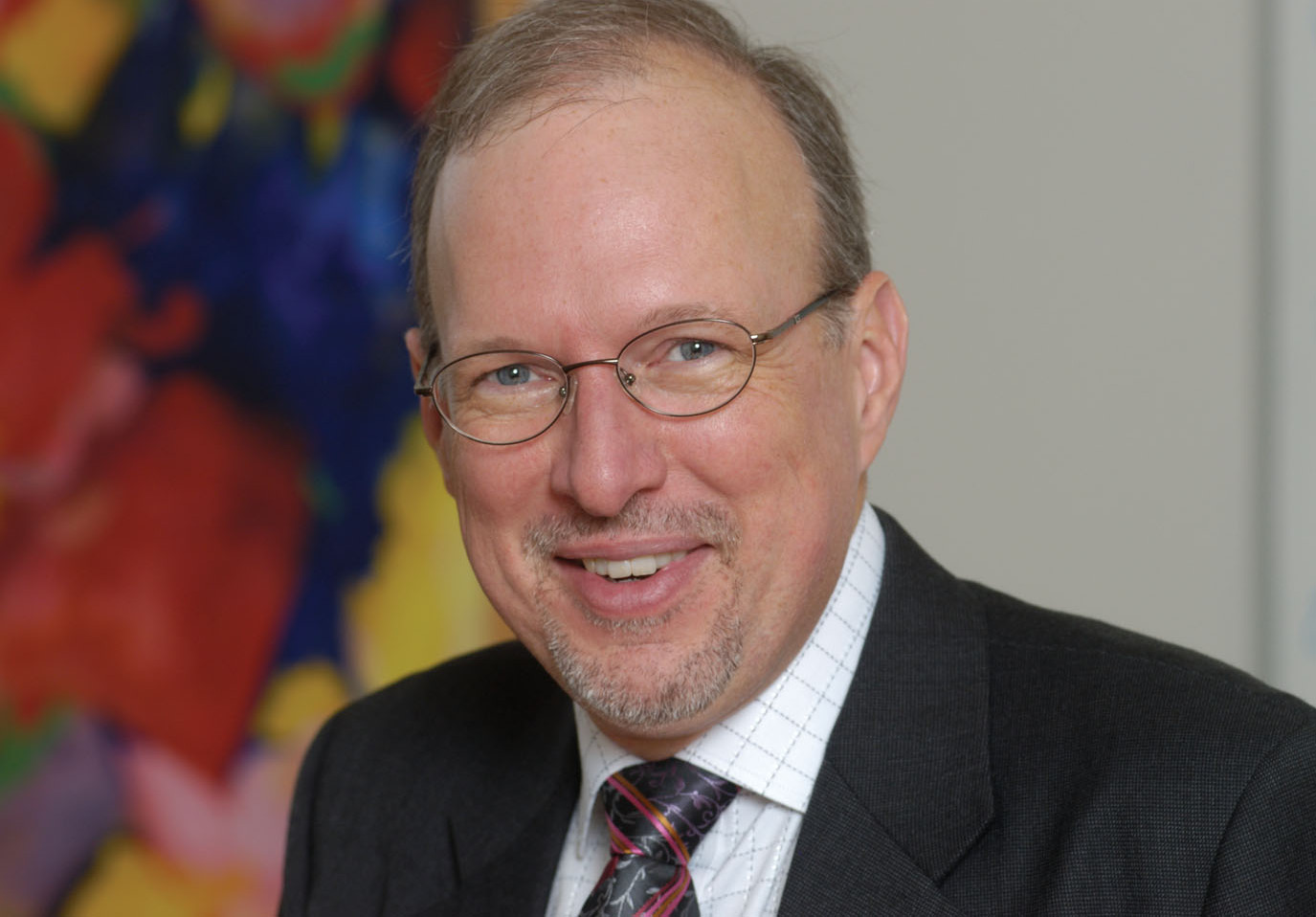Dean's Message - Summer 2014

With the explosion of MOOCs (massive open online courses) and the expansion by some leading Ivy League schools into online education, the future of business education – both the challenges and the opportunities – has become a topic on the minds of deans around the world.
Some have predicted that the coming changes, largely brought on by technology, will mean the demise of the traditional classroom experience and, possibly, the university as we know them. Others, such as Harvard’s business school dean, believe that the strength of their bricks-and-mortar brands will protect them from the coming disruption in business education.
In any case, the education industry has been forced to think about the added value of a campus. While it may seem obvious to those of us who studied in a traditional classroom, the reality is that future generations may never set foot on a campus.
Queen’s certainly has a strong, enduring brand, but we can’t delude ourselves about the implications of the coming disruption to our sector. Business school deans must now answer the question with which corporate CEOs have grappled for years – “Does our business model need to change?
Enrolment for QSB programs – the best litmus test for market demand – continues to be high across our programs. But how strong will that interest be in five years? Will flexible program delivery become the key deciding factor?
Competition will grow as we see more non-traditional providers offering credentials to those seeking a business education. When it comes to credentialing, we will always have the advantage of Queen’s historic reputation, but non-academic organizations, such as industry associations, are gaining acceptance for their offerings as another path to those coveted letters after your name.
I don’t share the fatalistic view that the traditional model of business education will be rendered obsolete by technology. Since 1994, QSB has led the way with videoconferencing, delivering our Executive MBA to working managers across Canada. In 2010, we added virtual teams, with the same real-time connectivity and interactivity, so that participants living outside major cities could also earn a Queen’s MBA.
Since the programs’ inception, all 2,000 Executive MBA alumni, plus another 1,000+ graduates from programs that use the same technology (Accelerated MBA and Cornell-Queen’s EMBA), have benefited from QSB’s unique, team-based approach to learning. The current quandary of how to integrate the social side of learning (peer-to-peer, interactive) is something we addressed twenty years ago.
The real quandary for us is how to scale program delivery to offer more people, anywhere in the world, the opportunity to earn a Queen’s business degree. Academic excellence and exceptional experience are, and will continue to be, our top priorities. Expanding the reach of our brand while balancing the two requires caution.
I believe that the fundamentals of good business education will always be the same. What is changing is how those fundamentals are delivered to students.
I welcome your thoughts on this emerging challenge facing our business.
David M. Saunders, PhD
Dean, Queen’s School of Business
dsaunders@business.queensu.ca
